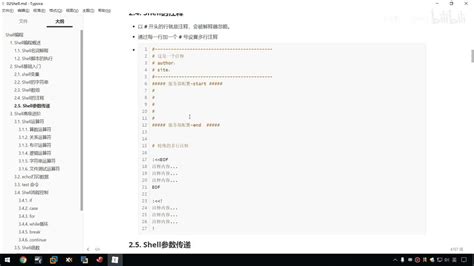Title: Understanding and Leveraging Parameters in Qt Programming
HTML:
```html
Understanding and Leveraging Parameters in Qt Programming
Qt is a powerful framework for developing crossplatform applications, offering a wide range of functionalities to developers. Understanding and effectively utilizing parameters is crucial in Qt programming to enhance code readability, maintainability, and flexibility. Let's delve into the significance of parameters in Qt programming and explore how to use them efficiently.
In programming, parameters (also known as arguments) are values that are passed into a function or method to customize its behavior or provide necessary data for execution. Parameters play a vital role in Qt programming as they allow developers to create flexible and reusable code.
Qt functions often accept parameters to perform specific tasks or operations. For example, the setText() function in Qt's QLabel class accepts a parameter to set the text displayed by the label:
QLabel *label = new QLabel();
label>setText("Hello, World!");
In this example, the parameter "Hello, World!" is passed to the setText() function to set the text of the label.
Developers can also create custom functions in Qt that accept parameters to tailor their functionality based on specific requirements. Here's an example of a custom function in a Qt class that takes parameters:
void MyClass::customFunction(int parameter1, const QString ¶meter2) {
// Function implementation using parameters
}
In this function, parameter1 and parameter2 are parameters that can be utilized within the function's implementation.

Utilizing parameters in Qt programming offers several benefits:
- Flexibility: Parameters allow developers to customize the behavior of functions and methods based on varying inputs.
- Reusability: Functions with parameters can be reused with different inputs, promoting code reusability.
- Maintainability: By using parameters, code becomes more modular and easier to maintain, as changes can be localized to specific functions.
To ensure efficient use of parameters in Qt programming, consider the following best practices:
- Choose Descriptive Names: Use meaningful names for parameters to improve code readability and understanding.
- Avoid Excessive Parameters: Limit the number of parameters in functions to maintain simplicity and avoid complexity.
- Use Default Parameters Sparingly: While Qt supports default parameters, use them judiciously to prevent confusion and ensure clarity.
Parameters are fundamental elements in Qt programming that enable developers to create flexible, reusable, and maintainable code. By understanding the significance of parameters and following best practices for their usage, developers can enhance the quality and efficiency of their Qt applications.
